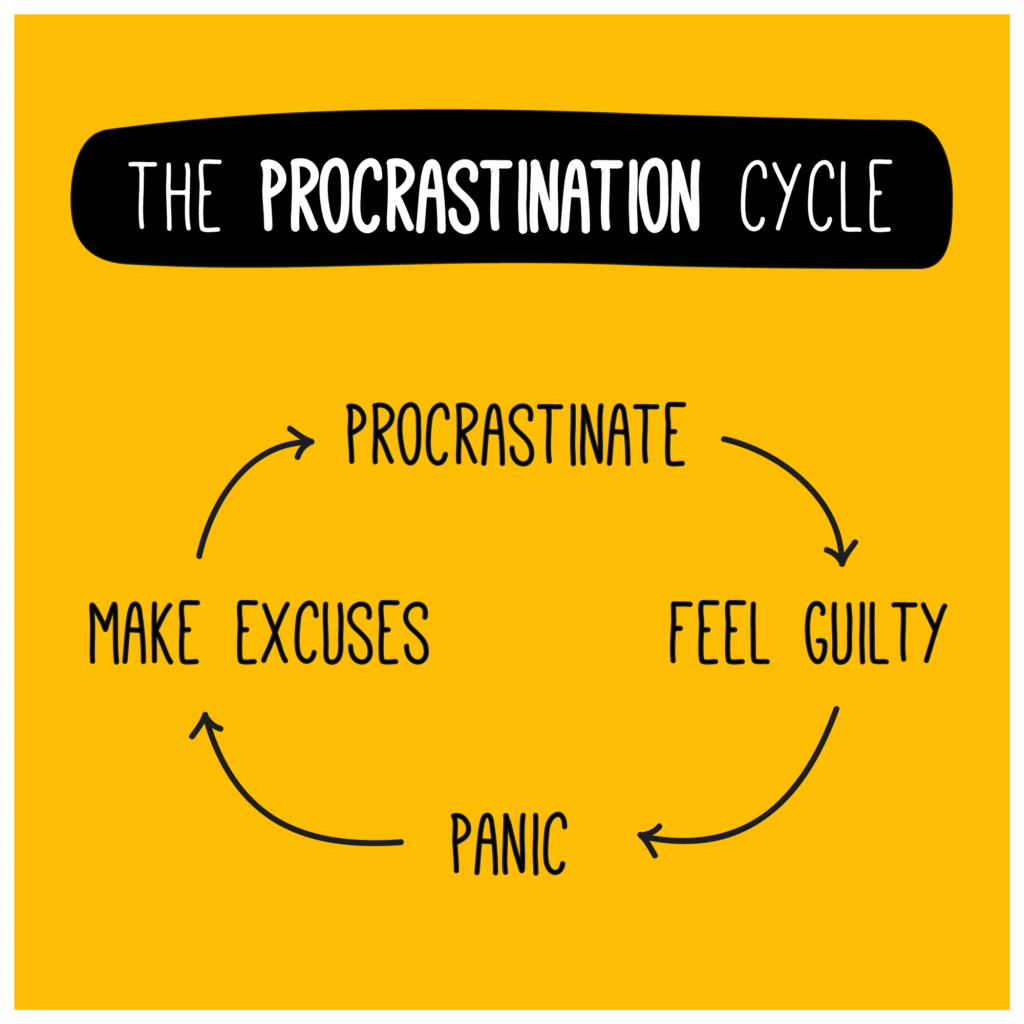Procrastination is an age-old challenge that has troubled people for generations. Whether it's postponing a critical task or finding excuses to avoid responsibilities, the struggle is universal. However, in those rare moments when we overcome procrastination, the sense of accomplishment is unparalleled.
- Blogs
- General-knowledge
- Breaking-free-from-procrastination-a-comprehensive-guide-to-overcoming-delay-6777b011bdccdd0001d36142
Breaking Free from Procrastination: A Comprehensive Guide to Overcoming Delay
General Knowledge • 3 Jan, 2025 • 27,518 Views • ⭐ 4.6
Written by Shivani Chourasia

This guide dives deep into the science behind procrastination, provides actionable frameworks to combat it, and outlines effective strategies to ensure you stay productive more consistently. Let's make 2025 better.
What Exactly is Procrastination?

Procrastination is not a modern phenomenon. Even ancient thinkers like Socrates and Aristotle explored this behavior, coining the term Akrasia. This term describes acting against one’s better judgment—doing something less important while knowing there's something more crucial to be done.
In today's language, procrastination refers to delaying tasks unnecessarily. It’s a mental block that prevents us from taking action on what matters most.
Why Do We Procrastinate?

Understanding procrastination requires delving into behavioral psychology. One key concept is "time inconsistency," which explains why people prioritize immediate gratification over long-term rewards.
Imagine you have two personas within you: the Present Self and the Future Self. When you set goals, such as learning a skill or saving money, you’re thinking as your Future Self, valuing long-term benefits. However, when the moment to act arrives, your Present Self craves immediate satisfaction, leading to conflicting priorities.
For instance:
- Your Future Self wants you to stay fit, but your Present Self prefers indulging in sweets.
- Future You values financial security, but Present You would rather spend on luxuries today.
This tug-of-war explains why many of us fall back into old habits, even when motivated to make lasting changes.